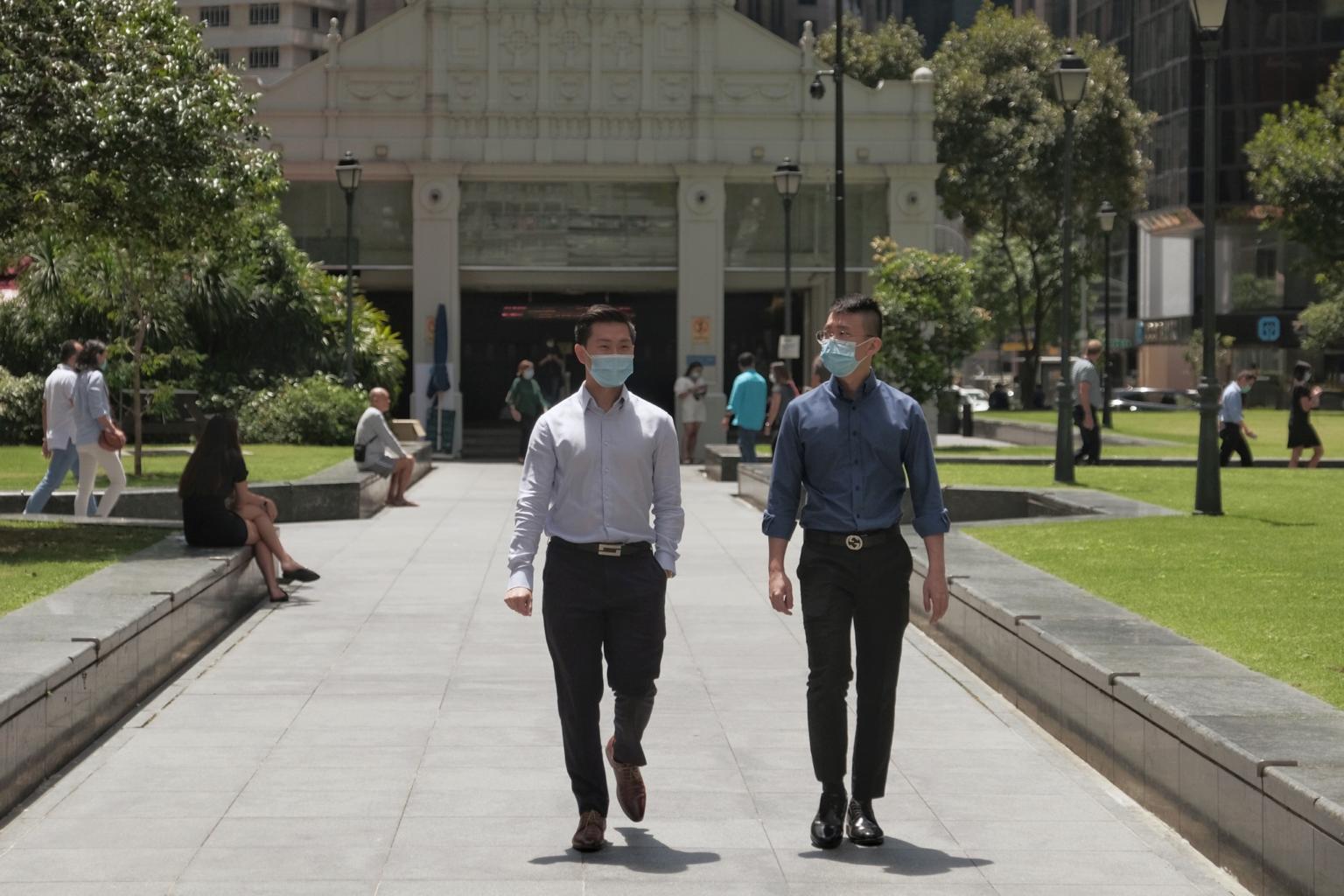British firms cite skills and salary expectations as obstacles when hiring Singaporeans, PRs
Sign up now: Get ST's newsletters delivered to your inbox

Half of the businesses polled in the British Chamber of Commerce's inaugural manpower survey cited technical skills as the biggest obstacle.
ST PHOTO: GAVIN FOO
Charmaine Ng
Follow topic:
SINGAPORE - British companies cited three big obstacles in a recent survey on hiring Singaporeans and permanent residents.
Half of the businesses polled in the British Chamber of Commerce's (BritCham) inaugural manpower survey released on Wednesday (Nov 11) cited technical skills as the biggest obstacle and this was followed by salary expectations at 38 per cent and 35 per cent said the availability of advanced soft skills were a challenge.
About a quarter of respondents in the survey or 26 per cent said senior management roles were the most difficult positions they had to fill with Singaporean and PR candidates in the past 12 months.
Other roles cited as the most difficult to fill with local manpower included positions in business development (17 per cent of respondents), followed by positions in IT as well as marketing and communications (12 per cent).
The survey on hiring practices polled 79 British companies from various industries including education and training, professional services, fintech and construction. It was conducted between Nov 4 and 10.
The results were released about a month after Trade and Industry Minister Chan Chun Sing met with representatives from 16 foreign business chambers in Singapore, including BritCham, at a closed-door dialogue during which they voiced concerns over the recent rise in anti-foreigner sentiment in the Republic.
Singaporeans and permanent residents comprised 66 per cent of the Singapore-based workforce on average of the companies polled in the BritCham survey.
Despite the Covid-19 pandemic, the majority of businesses in the poll said they were either actively recruiting (37 per cent) or expected to hire staff in the next six months (36 per cent).
The remaining 27 per cent said they had no plans for recruitment in the next six months.
In addition, only one in five companies polled said they had laid off workers in Singapore due to the pandemic. Of those that did, about 8 per cent of their pre-Covid workforce in Singapore were laid off on average.
The percentage of workers laid off increased to 21 per cent when it came to redundancies at the regional level. At the global level, redundancies came to 9 per cent on average.
The survey also looked at the challenges British companies faced when hiring in Singapore.
When asked whether Singapore universities adequately prepare fresh graduates for "realistic entry-level roles" within multi-national organisations, nearly half of the respondents said they somewhat agreed (43 per cent) with the statement and 3 per cent strongly agreed.
More than one fifth or 22 per cent either strongly disagreed or somewhat disagreed with the statement.
When applied to small- and medium-sized organisations, 29 per cent of respondents either strongly disagreed or somewhat disagreed with the statement.
A similar number (3 per cent) strongly agreed and 40 per cent somewhat agreed.

